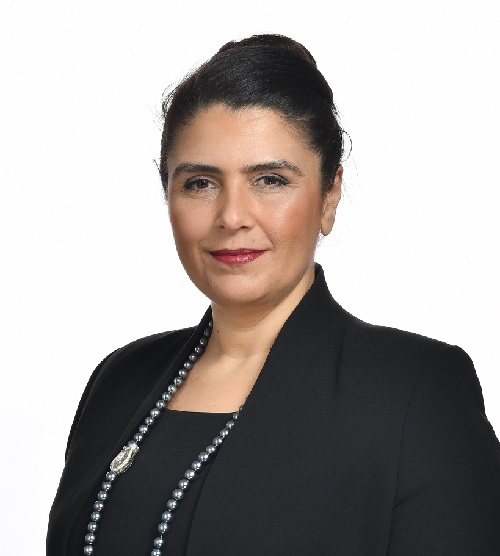The prospect of an IPO can be exciting for a company, but it’s also daunting. Building trust with the investment community is no easy feat, either, even more so for those who are new to the scene.
According to industry experts, regulatory changes such as Mifid II have made things more complex for newly listed small and mid-cap businesses. ‘Shareholder targeting was much easier before Mifid II,’ says Müge Yücel, director of investor relations and sustainability at Galata Wind.

In an interview with IR Magazine, she explains how companies previously had access to a higher number of corporate access events and benefited from more analyst coverage. ‘Now, after Mifid II, all of this has changed,’ she says. ‘First, analyst coverage decreased as companies started paying for their research, so that there is something out there for investors to read if they want to. Also, if you’re a newly listed company, nobody is going to invite you [to corporate access events] because no investor is going to pay to see you.’
While companies that have established their presence on the market can easily tap into their pool of investors, that’s not always an option for an IPO firm. In this scenario, what role does IR play in helping navigate the tricky waters of shareholder targeting?
Pick the right allies
‘Most of the time, [newly listed companies] will have to make use of different tools, whether that’s IR tools offered by service providers or consultancy firms that will bring you closer to investors. Ultimately, it’s the IRO who needs to have a network of investors to reach out to more quickly,’ Yücel says.
She adds, however, that there could be situations when the IRO is new to the industry and doesn’t have an opportunity to leverage existing relationships with investors. In that scenario, it’s important to be proactive.
Eugeniu Baltag, IR manager at Purcari Wineries, suggests it’s all about working with ‘the right brokers who understand what kind of investors would be a perfect match to your business model.’ His firm concluded its IPO in 2018. At the time, the company’s shareholder base was mostly (95 percent) institutional investors that focused on emerging markets. Today, the firm continues to expand and diversify its shareholder base, which now includes a percentage of retail investors.

Baltag tells IR Magazine: ‘Having the right partners is important because for a company that has just completed an IPO, it’s quite difficult to succeed on its own. A broker with a large network of investors can put your company in front of them. It’s also important for new companies to participate in corporate access events such as non-deal roadshows and investor conferences. Otherwise you could face the fate of an orphan stock.’
Baltag also notes that IR tools are a limited resource. ‘While IR tools can be useful when you have just completed an IPO, those tools will not allow you to maximize your investor reach,’ he says. ‘Speaking with advisers, brokers, stakeholders, stock exchanges and even IR associations in your jurisdiction will guide you toward the right investors. These communications are crucial both before and after the IPO, as you have to continuously adjust to changes in the market.’
Play your cards right
It’s no secret that a strong company narrative is the first step toward a company’s success. Alongside that, IROS need to be sure the investor they are targeting matches the company strategy. ‘IROS need to be one-on-one with their company strategy, growth strategy – it’s the story that will drive it [all],’ Yücel says.
‘If you are in a growth position, for example, you will have to target the right type of investors in line with that. You must pick the actual fund and [consider] whether you want it specific for the region, for the sector and for your strategy. And then you can decide on who you should speak to.’
‘Once you are in front of the right investors, you need to build trust, to establish a relationship with them – and you are aiming for a long-term one,’ Baltag says.
‘To achieve that, you need a strong company narrative on your formula for success and your competitive advantage, be consistent and honest in what you say and do, be transparent and deliver on what you have committed’.










